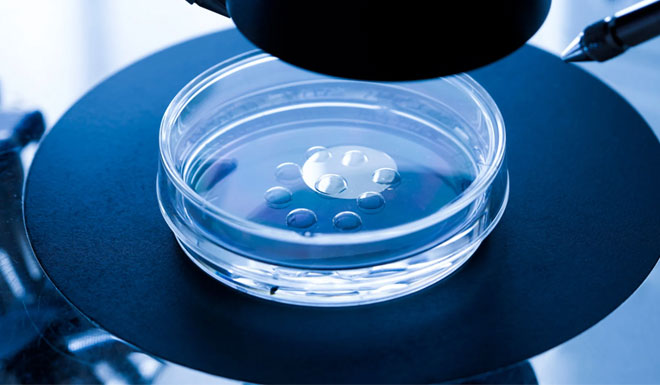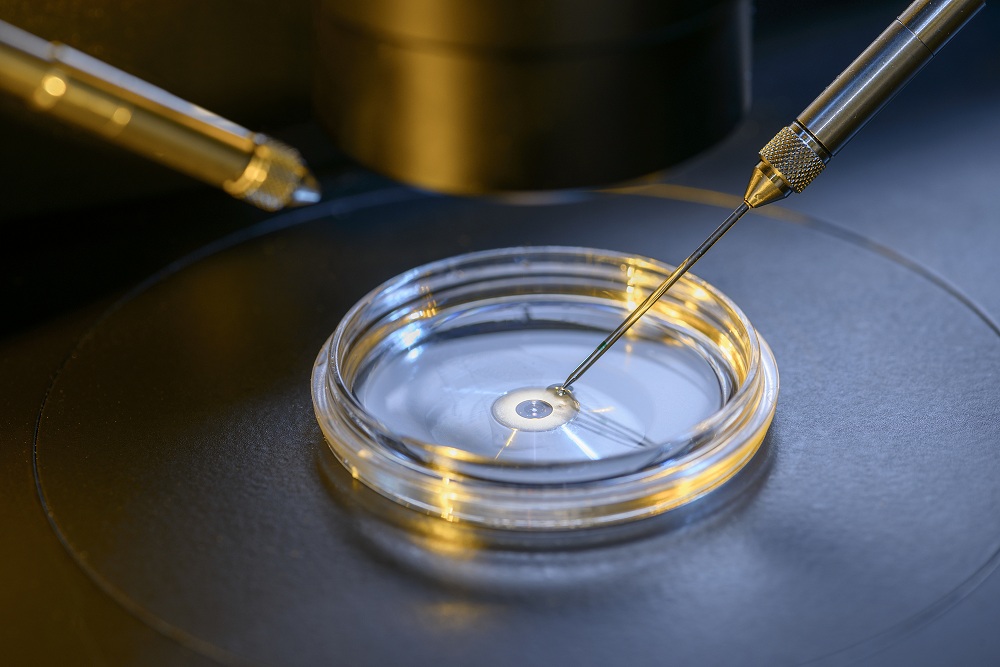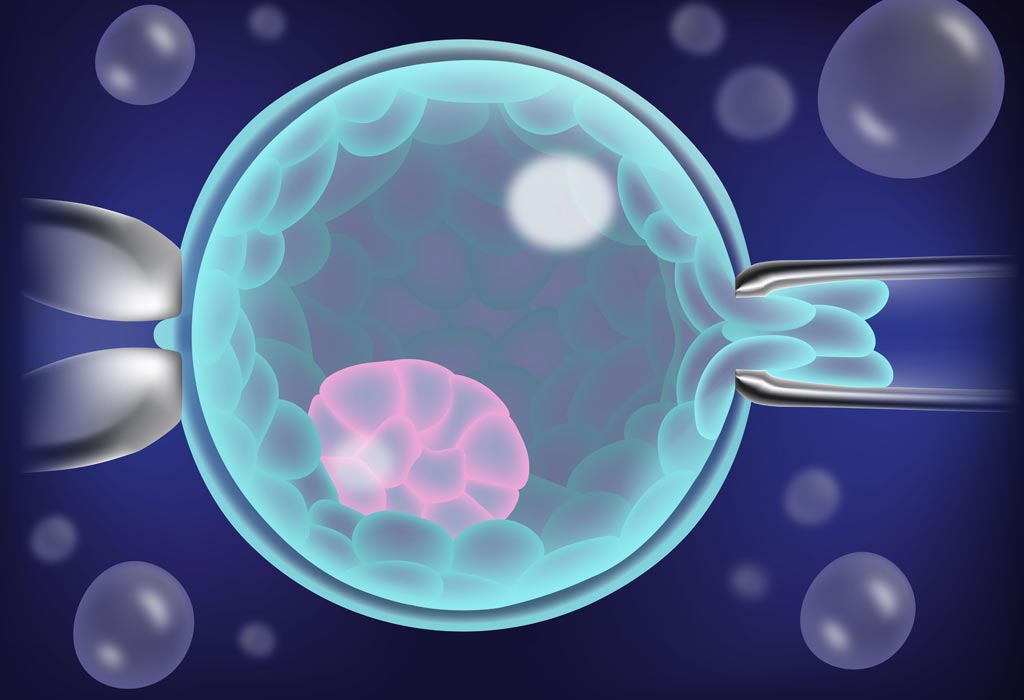Ensuring the health of donor sperm is a crucial aspect of donor sperm treatment. Fertility clinics follow strict protocols, including:
1-Medical History Screening: Donors provide detailed personal and family medical histories to identify potential genetic conditions.
2-Physical Examination: Donors undergo thorough physical examinations to assess overall health and detect abnormalities or signs of infections.
3-STI Testing: Donors are tested for sexually transmitted infections to ensure the sperm is infection-free.
4-Genetic Screening: Donors undergo genetic testing to identify carriers of genetic disorders, reducing the risk of passing them on.
5-Semen Analysis: Sperm quality is assessed through parameters like count, motility, and morphology to exclude donors with suboptimal sperm.
6-Quarantine Period: Donated sperm is quarantined to allow for additional testing, ensuring donors remain infection-free.
7-Anonymous vs. Known Donors: Both anonymous and known donors undergo thorough testing, even if the health history of known donors is well-known.
8-Regular Health Check-ups: Sperm donors may have regular health check-ups to ensure ongoing health during the donation period.
9-Psychological Screening: Some clinics include psychological assessments to evaluate donors’ mental health and preparedness for the donation’s implications.
10-Regulatory Compliance: Fertility clinics adhere to legal and regulatory standards to safeguard the health and well-being of donors and recipients.
By implementing these measures, clinics aim to minimize the risk of transmitting genetic disorders or infections, ensuring the highest quality donor sperm for fertility treatments. Patients should discuss specific screening procedures with their chosen fertility clinic.
For more information, consult Dr. Manjushri kothekar one of the Best IVF Specialist in Mumbai or you can contact us on 9769387593.




